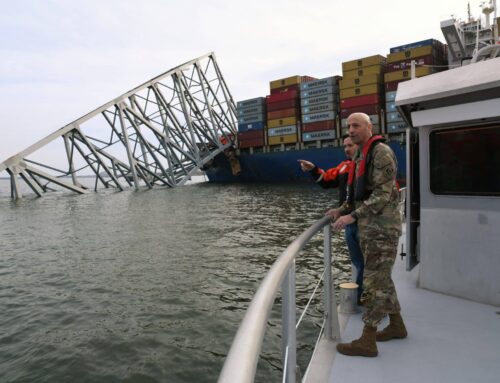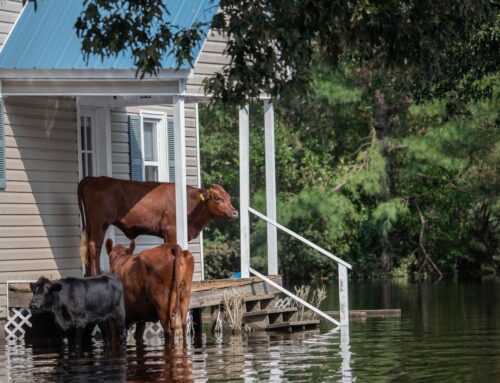On the Upper Mississippi River, it's déjà vu all over again. Just like the villain in a slasher flick, a multi-billion dollar U.S. Army Corps of Engineers boondoggle that's been exposed as a ripoff time and again has come back to life. It's enough to make you scream.
The Upper Mississippi River Navigation Expansion Project is mainly just a fix for occasional barge transportation delays that occur at river locks during high traffic times. The Corps claims that seven brand new, longer locks, at the low low price of $2 billion, will solve our rush hour problem and also prepare us for a ridiculously optimistic increase in barge transportation on the Upper Mississippi River.
Barge transport of grains, such as corn and soybeans, has been stagnant or declining for 20 years and there's no economic evidence that this trend will reverse itself. This is because domestic markets such as feedlots and ethanol plants have grown and river borne exports to the Pacific Rim have declined. Plus, rail-accessible ports on the west coast are much closer to the export markets than the mouth of the Mississippi in the Gulf of Mexico.
In 2000, the Corps was well on their way to building the longer locks, but they were left treading water when one of their chief economists blew the whistle on the senior Corps leadership for cooking the books. The U.S. Army Inspector General corroborated the whistleblower's disclosure that Corps economists were ordered to exaggerate the demand for future barge traffic and several Corps officials were slapped on the wrist.
But, the Corps maintains that more barge traffic is just around the bend, and they refuse to give up on longer locks. The National Academy of Sciences has consistently criticized the Corps' plans to build the new locks, saying that the Corps should pursue cheaper measures like scheduling, tradable lockage fees, and helper boats, before even contemplating spending money on new locks. The difference in price is staggering – the small scale measures would cost taxpayers less than $100 million.
You would think that after the U.S. Army Inspector General and the National Academy of Sciences smacked the Corps' hands back from the cookie jar they would learn to leave it alone. But just like a little kid they're back at it and this time they have help from a bunch of bacon-loving Senators.
It's been four years since the last water project bill made its way through Congress, and our elected officials are jonesing for election year pork. The Senate is serving them their “fix” with $8 billion in water projects, including a few billion for the Upper Mississippi locks project and a few billion more for environmental restoration on the river.
What the Corps really needs are strong reforms to break the cycle of waste. Measures such as true independent peer review for costly and controversial projects, making beneficiaries pay their fair share of projects, and updating the Corps' woefully anachronistic economic approach to public works projects would help ensure taxpayers are getting a fair return on their public works investment. But it appears Congress' answer to years of scandal at this 225-year old pork barrel agency is to hush up and pass the bacon.














Get Social